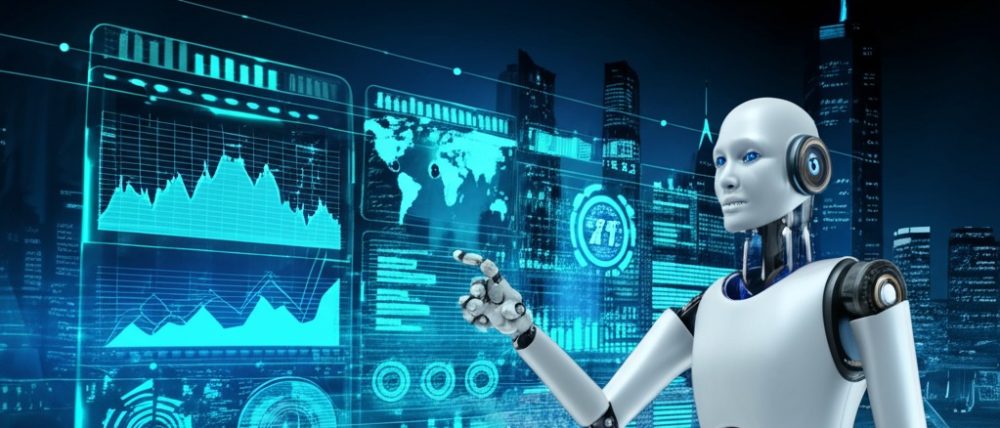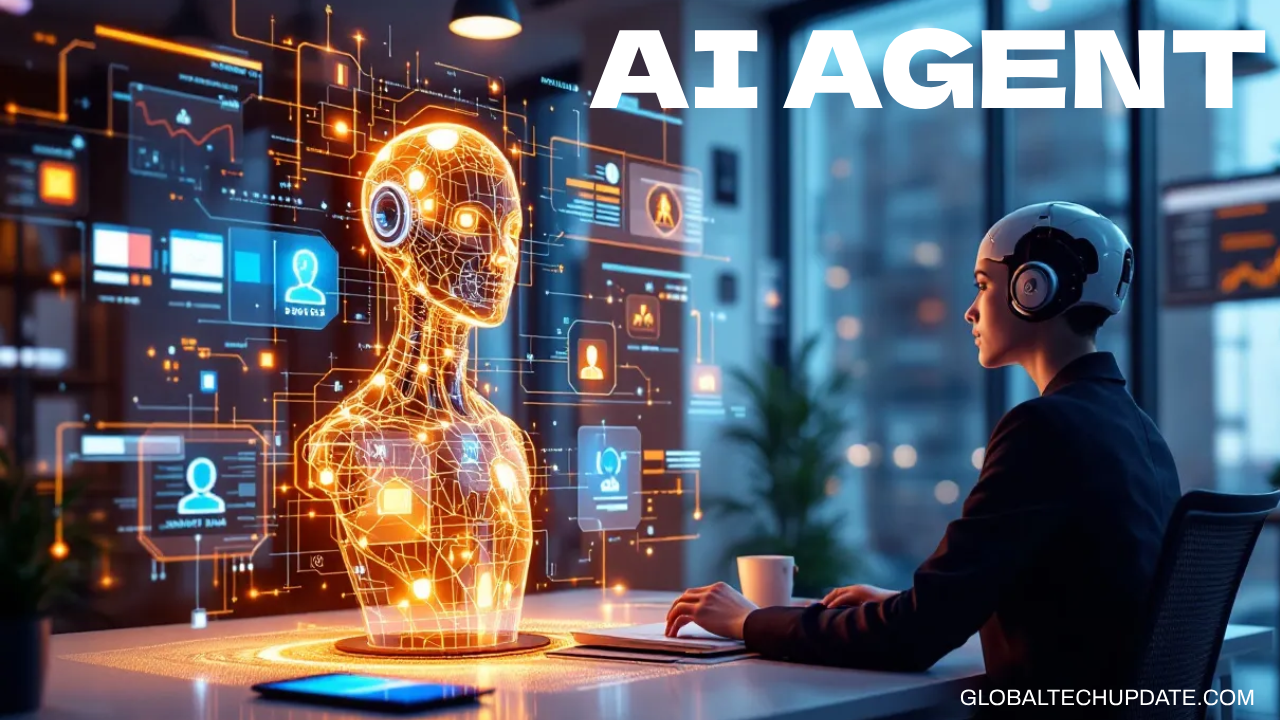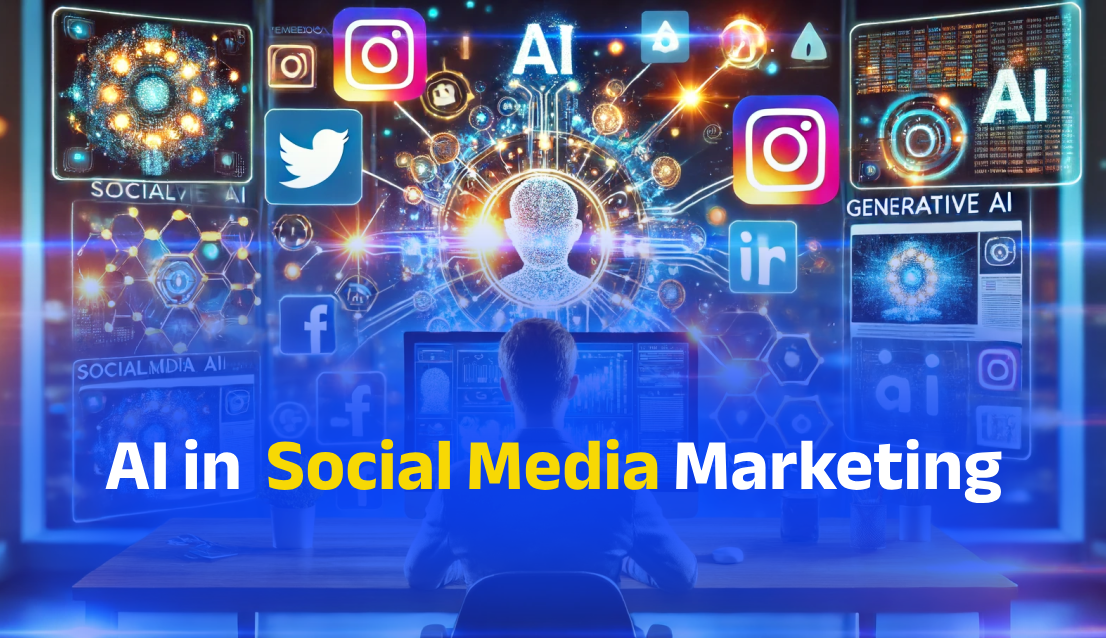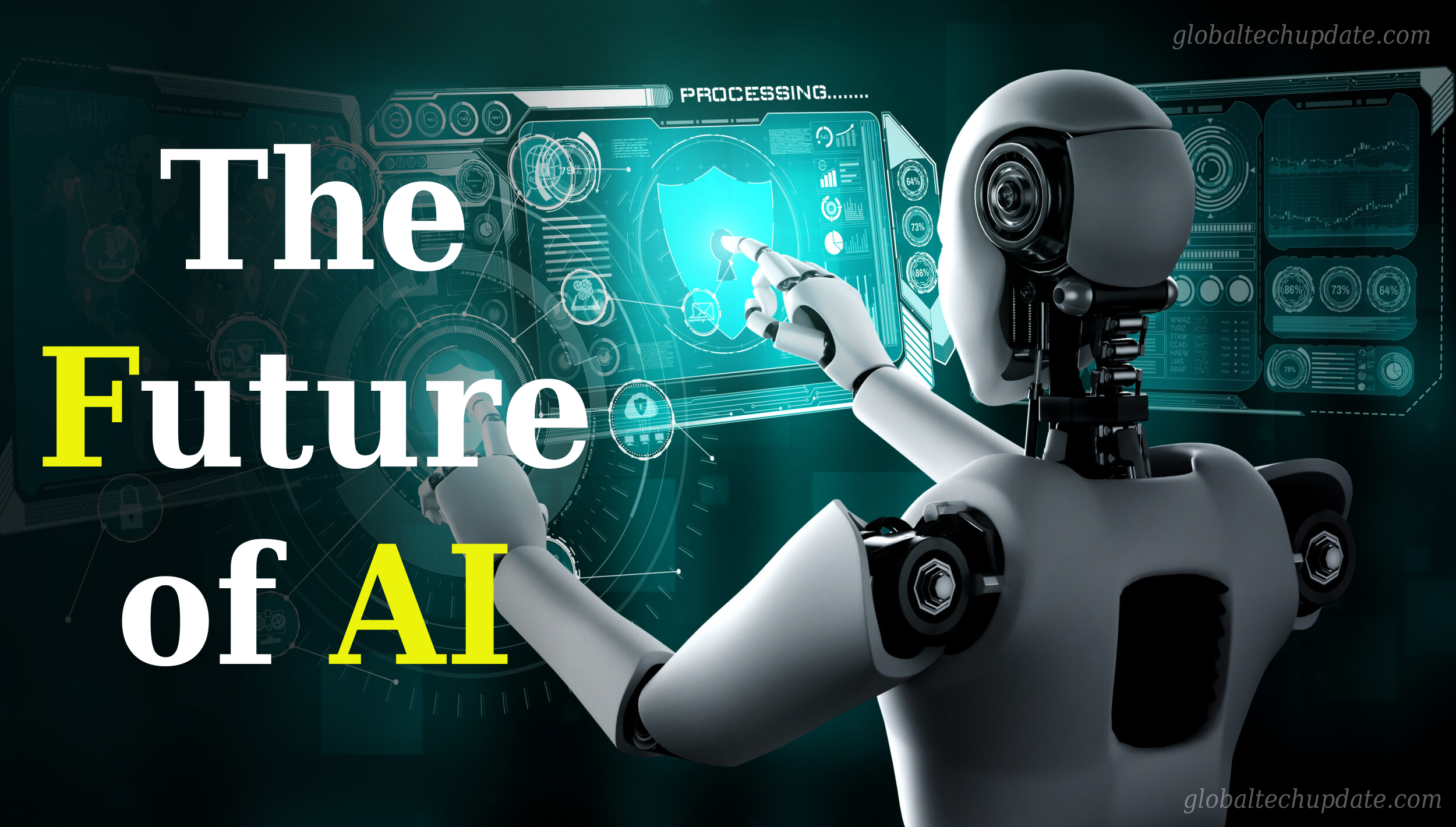AI Agents: A Comprehensive Guide to Intelligent Automation
What is an AI Agent?
An AI Agent is a software-based entity that can perform tasks autonomously using artificial intelligence. These agents are designed to perceive their environment, process information, make decisions, and take actions to achieve specific goals. AI Agents are widely used in automation, virtual assistants, chatbots, and intelligent decision-making systems.
AI Agents can be categorized into different types, such as:
- Reactive Agents – They respond to input but lack memory.
- Deliberative Agents – They use reasoning and planning to make decisions.
- Learning Agents – They improve performance over time through machine learning.
- Multi-Agent Systems – A group of agents working together to complete complex tasks.
How Do AI Agents Work?
AI Agents operate using a combination of machine learning, natural language processing (NLP), and automation algorithms. Here’s how they function:
- Perception: AI Agents collect data from the environment through sensors, APIs, or databases.
- Processing: They analyze data using AI models and machine learning techniques.
- Decision Making: AI Agents determine the best course of action based on predefined rules or predictive analytics.
- Action Execution: They perform tasks such as responding to user queries, automating workflows, or making recommendations.
- Learning & Adaptation: Many AI Agents improve over time by learning from past interactions and feedback.
Benefits of AI Agents
AI Agents offer numerous advantages across various industries:
- Efficiency: Automates repetitive tasks, reducing human effort.
- Speed: Processes vast amounts of data quickly.
- Accuracy: Minimizes human errors.
- Availability: Works 24/7 without interruptions.
- Personalization: Customizes experiences based on user behavior.
- Scalability: Can handle multiple tasks simultaneously without performance degradation.
AI Agents: The Future of Intelligent Automation

What Can AI Agents Do?
AI Agents are used in a variety of applications, including:
1. Virtual Assistants
- Examples: Google Assistant, Amazon Alexa, Apple Siri
- Tasks: Answering queries, setting reminders, controlling smart home devices
2. Customer Support Chatbots
- Examples: ChatGPT, IBM Watson, Zendesk AI
- Tasks: Providing automated responses, troubleshooting, assisting customers
3. Financial AI Agents
- Examples: Robo-advisors, fraud detection systems
- Tasks: Investment recommendations, transaction monitoring, risk assessment
4. Healthcare AI Agents
- Examples: IBM Watson Health, Ada Health
- Tasks: Diagnosing diseases, providing medical recommendations
5. Autonomous Vehicles
- Examples: Tesla Autopilot, Waymo Self-Driving Cars
- Tasks: Navigating, avoiding obstacles, optimizing driving decisions
6. AI Agents in Cybersecurity
- Examples: Darktrace, Microsoft Defender AI
- Tasks: Detecting threats, preventing cyberattacks
How to Create an AI Agent?
Developing an AI Agent requires artificial intelligence, programming, and data science knowledge. Here’s a step-by-step guide:
Step 1: Define the Purpose
- Identify the problem the AI Agent will solve.
- Determine the inputs and expected outputs.
Step 2: Choose a Development Framework
- TensorFlow & PyTorch – For machine learning and deep learning models.
- Dialogflow & Rasa – For NLP-based chatbots.
- OpenAI GPT-4 API – For advanced AI-driven conversations.
Step 3: Gather and Prepare Data
- Collect relevant data for training.
- Clean and preprocess the data for accuracy.
Step 4: Train the AI Model
- Use supervised, unsupervised, or reinforcement learning techniques.
- Optimize the model to improve performance.
Step 5: Implement Decision-Making Algorithms
- Define rules or integrate deep learning for adaptive decision-making.
Step 6: Deploy the AI Agent
- Integrate with a cloud platform like AWS, Azure, or Google Cloud.
- Connect with APIs and databases for real-time interaction.
Step 7: Monitor and Improve
- Collect user feedback to improve performance.
- Update the model to adapt to new requirements.
Conclusion
AI Agents are transforming industries by automating tasks, improving efficiency, and delivering personalized experiences. As AI technology advances, these intelligent agents will become even more sophisticated, unlocking new possibilities in automation, business, healthcare, and beyond. Whether you’re an entrepreneur, developer, or tech enthusiast, understanding and leveraging AI Agents can open doors to endless innovation.




